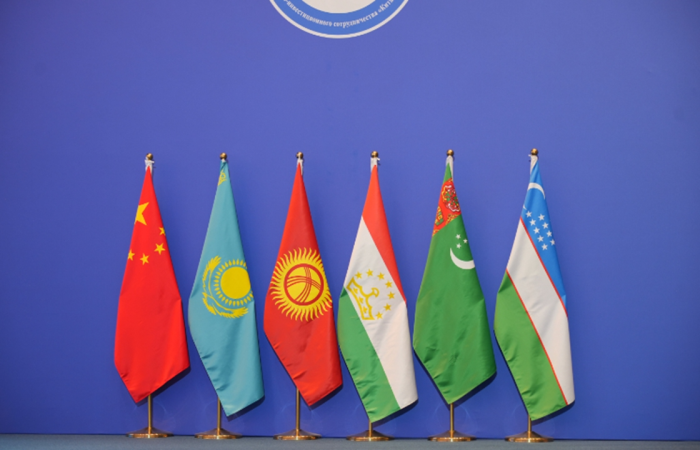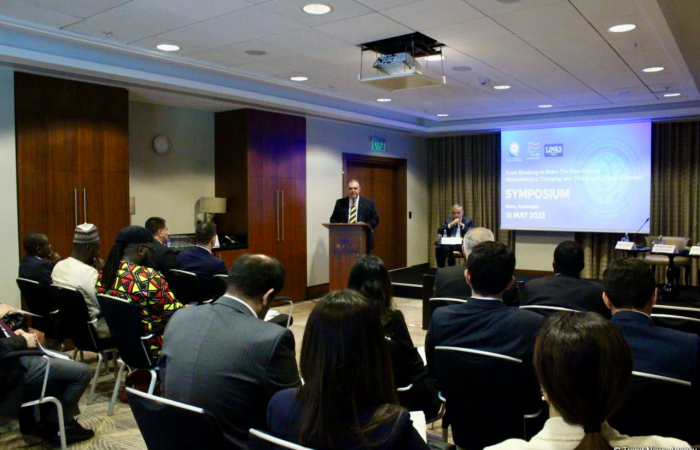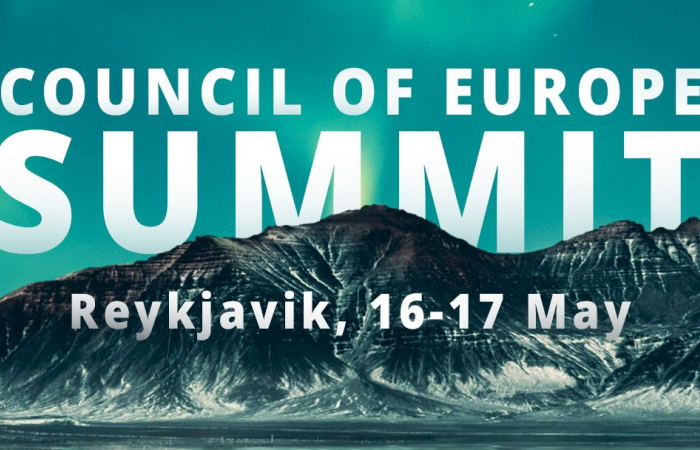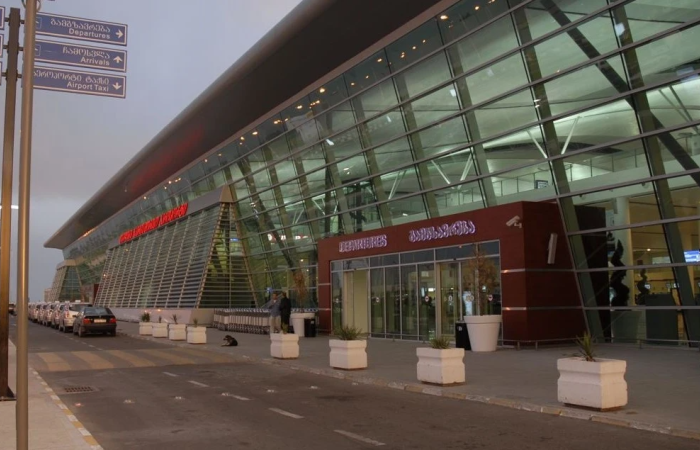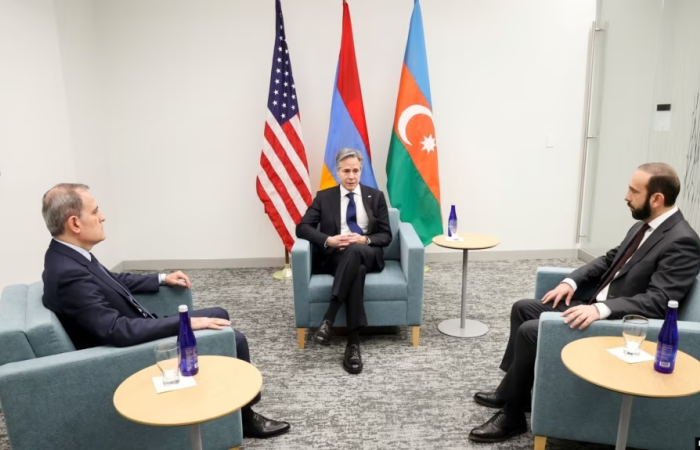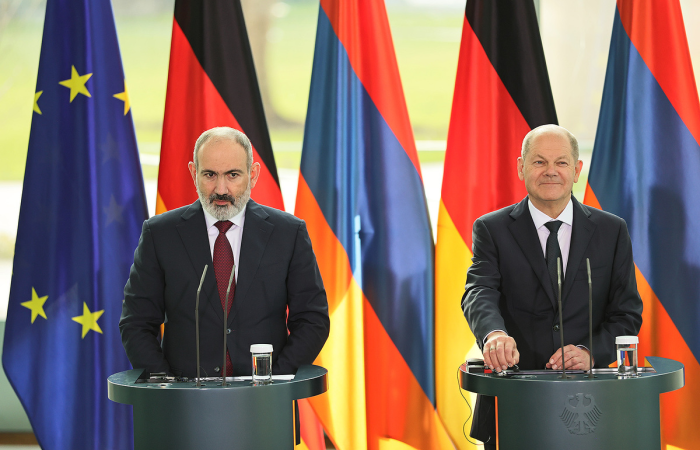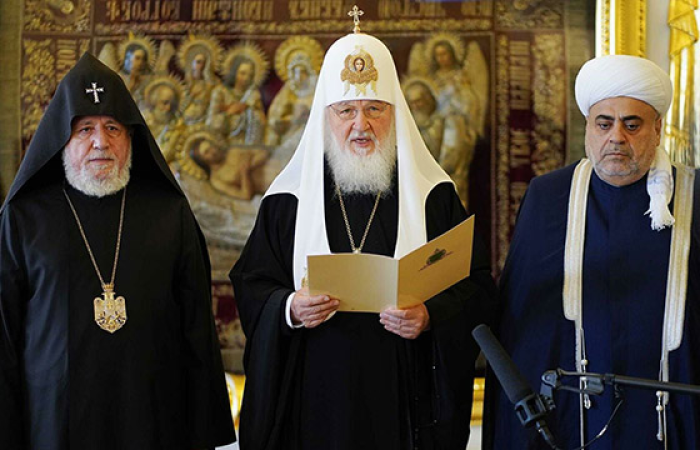Editor's choice
This is a members’ functionality. Please
Sign upEditorial
Trending
Editorial: Armenia-Azerbaijan talks are down to the nitty-gritty
11 May 2023
After months of diplomacy by e-mail, Armenia and Azerbaijan met in Washington DC in the first week of May for negotiations led by the foreign ministers of the two countries, with the United States providing facilitation and support, writes commonspace.eu in this editorial. The presence of US Secretary of State, Antony Blinken, at the opening of the talks, raised expectations that the talks may be conclusive. They were not, but enough progress was made for Blinken to return for the closing session, telling his guests that the US appreciated that the last bit of any negotiating process was going to be the most difficult. "The temptation to draw out the ongoing situation for many more months, with the hope that time is on their side, has big risks. Unplanned incidents still have the capacity to escalate quickly and spiral out of control, feeding on the existing level of mistrust. The violence between Armenia and Azerbaijan reported this morning (11 May) is a case in point.
So in many ways this is the moment of truth, even if some would argue that we have been here before. Somehow however this time it feels different, even if the nitty-gritty problems have not gone away," they add.
commonspace.eu editorial team






